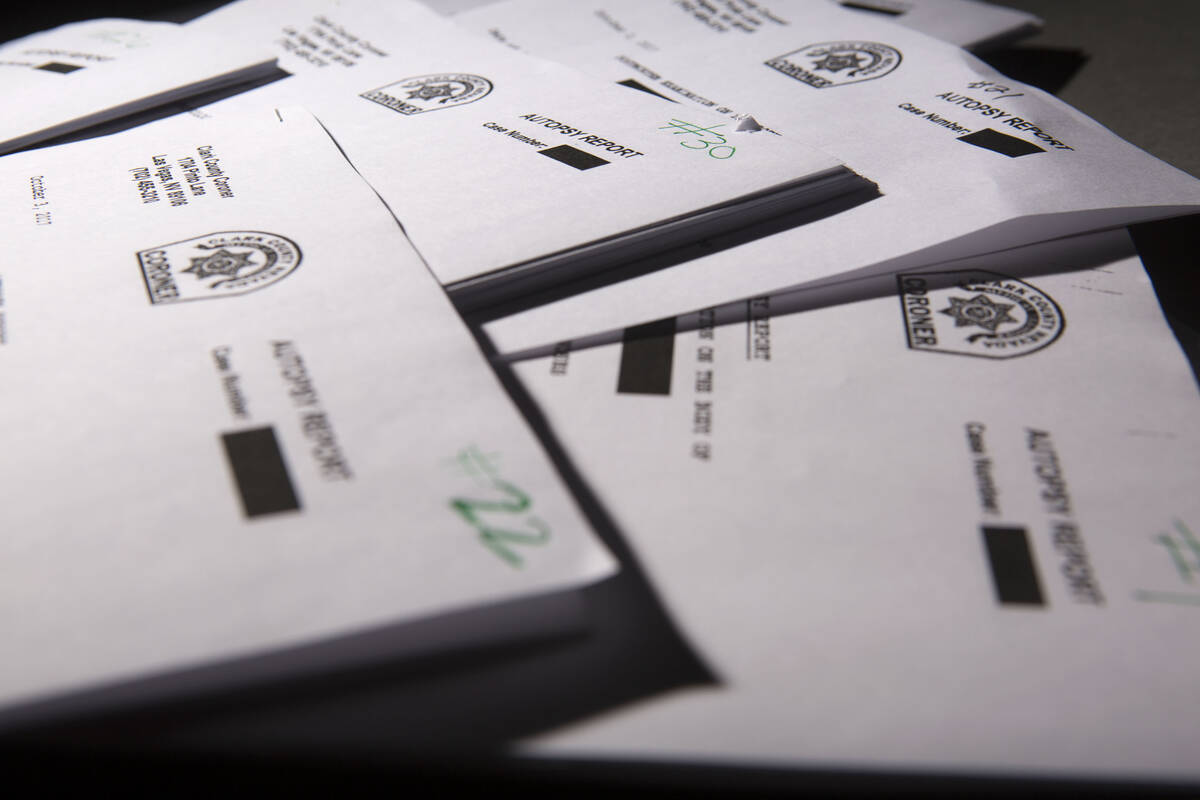EDITORIAL: Government agencies with something to hide
More fodder for the fat file on public agencies attempting to keep the taxpayers in the dark:
The ACLU of Northern California has filed a lawsuit against the city of Fresno for a measure passed in February making it more difficult for watchdogs to observe efforts by the authorities to break up homeless camps. The change allows the city to erect barriers around encampments and prohibits anyone from crossing them without permission.
“Advocates, journalists, and regular citizens simply wishing to document the city’s actions sometimes come to the sweeps,” Reason magazine reports. “The ACLU NorCal complaint says this ordinance punishes people engaging in ‘advocacy, speech, expressive conduct and association’ during encampment sweeps and protects the government from liability for wrongdoing.”
Meanwhile, NBC News reported this week that the U.S. Customs and Border Protection has purchased an app that allows agents to automatically delete messages. According to public procurement records, the agency since 2020 has spent $1.6 million on Wickr, an Amazon-based encrypted messaging platform.
NBC revealed that the chief records officer of the National Archives and Records Administration sent a letter to the Department of Homeland Security seeking information “about agency-wide deployment of a messaging application that has this functionality without appropriate policies and procedures governing its use.”
NBC reported that the app’s “auto-deletion feature has made the platform a cause of concern among government record keepers, as well as external watchdogs, who worry that Wickr and other similar apps are creating ways for customs officials to sidestep government transparency requirements.”
Customs and Border Protection officials have even failed to respond to a watchdog group’s Freedom of Information Act request for agency records regarding the service, the network reported. A lawsuit against the agency is now pending.
When caught trying to operate in secret, government officials often argue they can’t be burdened with transparency demands. The idea that “personnel matters” must remain private is also a typical dodge.
In reality, however, public officials in both these examples are seeking to minimize potential embarrassment at the expense of accountability. What do Fresno officials have to hide when they dismantle a homeless camp? Why do Border Patrol agents need to erase messages?
Secrecy and darkness are incubators for corruption and malfeasance. They also remain the default setting for far too many public servants, from D.C. on down to local municipalities.

















